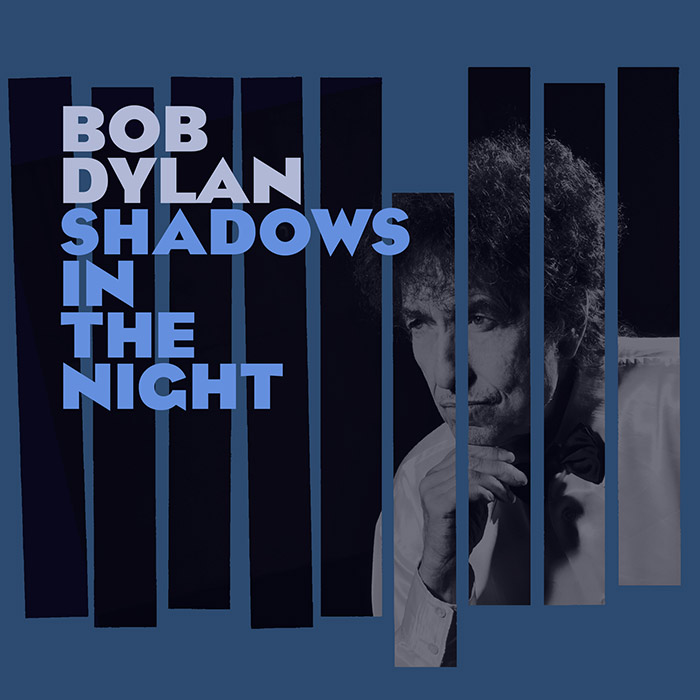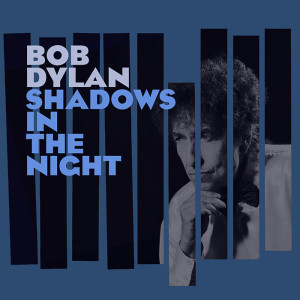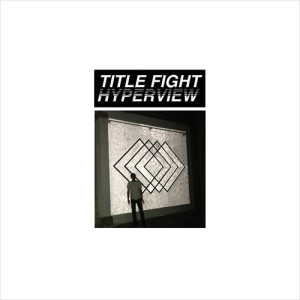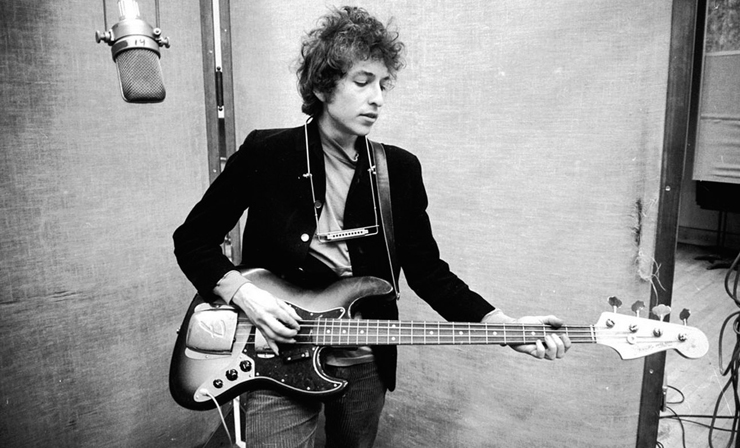
By: Sam Fatula & Max Blechman | The Duquesne Duke

Bob Dylan – Shadows in the Night
Despite Frank Sinatra and Bob Dylan respectively sharing impacts on the music industry, the pair couldn’t be more opposite. Dylan was the spearhead that represented America’s youthful counterculture. Sinatra grew up in an era when a father would have signed a petition to prohibit TV stations from shooting Elvis Presley anywhere below his waist. No offense Frank, conservatism was the bees knees back then.
Given the distaste of each other’s philosophies and different music styles, it curious why Dylan would compile an album dedicated to Ol’ Blue Eyes titled Shadows in the Night. The 10-track set, released on Saturday, does not make itself out to mimic the styles of Sinatra, (Dylan couldn’t manage a respectable vibrato if he tried, especially at 73-years-old). Instead, the album serves to deconstruct the big brass and flair that made Sinatra’s career into a series of melancholy love songs. Sadly, this release feels nothing but lethargic.
Something to initially address are the preconceived notions that this could never be a good album because “Bob Dylan can’t sing.” Granted, Dylan’s fame is not typically accredited towards his vocal prowess, but that is not what makes Shadows in the Night a sleeper. The lack of variety in every song makes this album a disappointment more than anything.
A faint steel pedal guitar by bandmate Donny Herron accompanies each song with a few additional horns used only for ambiance. The issue remains that although the bandmates are talented, the instrumentation is too faint, and singles out Dylan’s voice to a degree where his voice is unable to be a driving force that could be considered as good. Tracks like “Autumn Leaves” and “The Night We Called it a Day,” just to name a couple, meld together despite the change from minor to major key. There are no evidence of crescendo or tempo change to get anyone excited throughout the longevity of this album. On top of its poor production, Dylan’s attempt to croon a Sinatra tune inevitably fall flat and short.
Shadows in the Night could have reached greater heights in terms of quality, but there’s a gross sense of ignorance plaguing each track that dissolves any hope of a enjoyable song being produced. -(Follow @Sam_Fatula on Twitter for daily music & arts news)
Score: 5/10

Title Fight – Hyperview
If the sign of a great band is the ability to affectively change over time, then Title Fight is by all accounts a great band. The band’s shift from pop-punk upstarts to post-punk experimenters has been an album-by-album journey, and 2015’s Hyperview is the biggest and most experimental step the band has taken yet.
Though it may not feel like it, three years have passed since Title Fight’s last release, Floral Green. The album took a step away from the melodic-hardcore tinged Shed (2011) by incorporating more melody and a grunge aesthetic. In many ways, the release of Floral Green set a precedent for the shift from pop-punk that many bands would take (Citizen’s Youth being the most obviously influenced). Still, the essential elements remained: crunchy guitars, hoarse vocals from bassist Ned Russin and a strong emotional-hardcore influence.
Hyperview, released on Tuesday, is a step away from those elements, and one that could prove to be as influential as their previous albums. The album channels shoegazing heroes Slowdive, utilizing reverb drenched, effect-heavy guitars and a spacious atmosphere. The most notable shift, however, is the absence of the shouted vocals that defined the band’s sound in the past. When present, Russin’s shouted vocals are heard from a reverbed distance. Guitarist Jamie Rhoden’s soft, low vocals take the lead on Hyperview, although a “lead” that is buried in the atmosphere of the album’s production.
The energy of Title Fight remains on songs like “Chlorine” and “Mrahc,” which move with a drive similar to Dinosaur Jr. Other songs, such as “Your Pain is Mine Now,” give a nod to the melancholy pop sensibilities of post-punk forefathers like The Smiths—and to great effect. Running the dream-like lyrics through these two energies, the band sounds more dynamic than ever before.
The weakness of the album, however, lies in its production. Producer Will Yip is a veteran of the industry and has recorded with a wide variety of alternative bands, from Cold World to Whirr—and very effectively, it should be noted. On Hyperview Yip falls uncharacteristically short. A flange effect covers the whole mix, which buries the nuances of the composition.
Though mixed well otherwise, the effect feels like a nod to cheesy late 80’s/early 90’s style production, a style that has not aged well.
Overall, the album represents another fantastically executed shift for the band. Though the sound may be more niche than previous records, Hyperview stands as a testament to the band’s versatility and strength as songwriters, and one that many listeners will find extremely enjoyable. -MB
Score: 7/10



